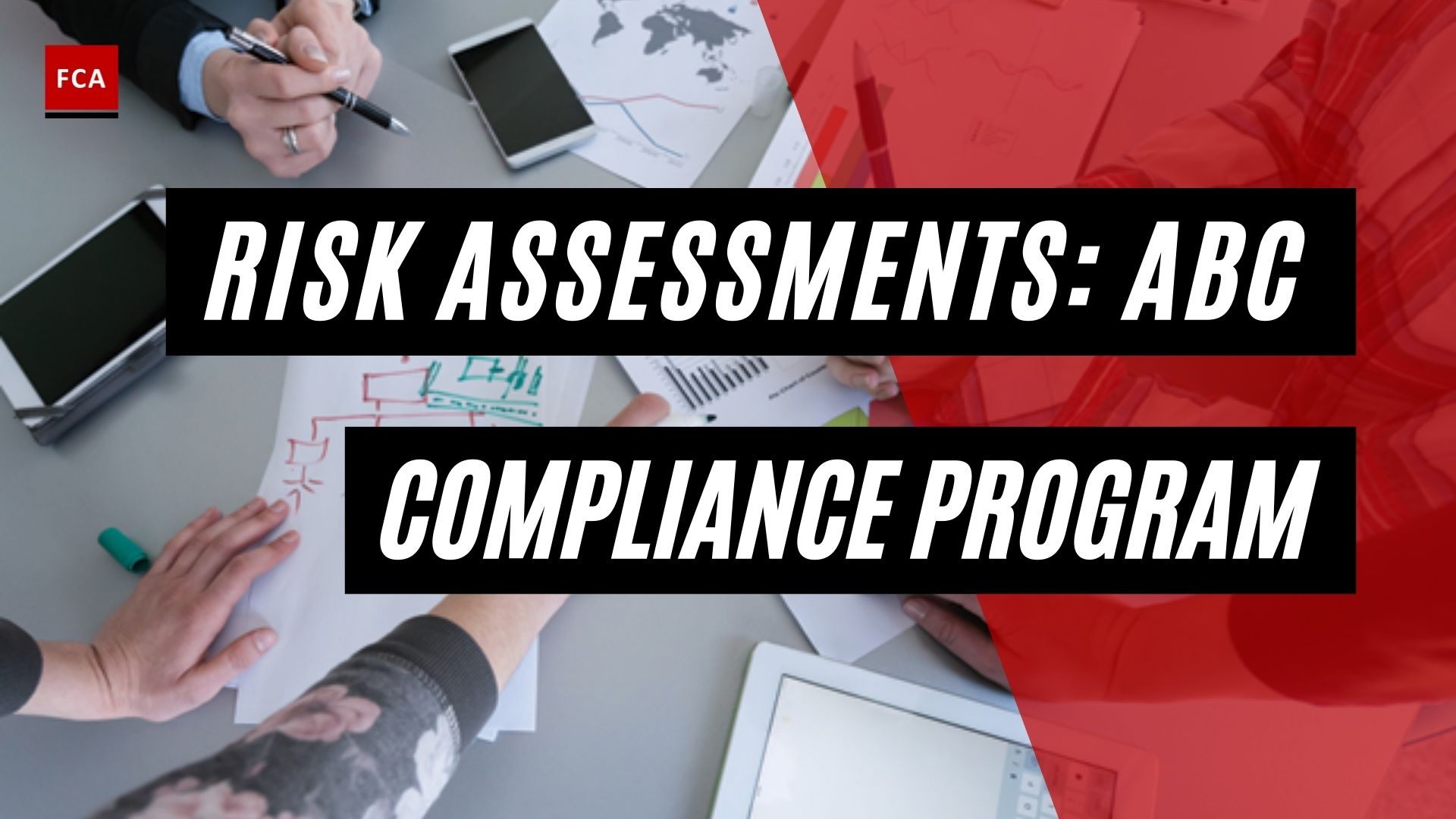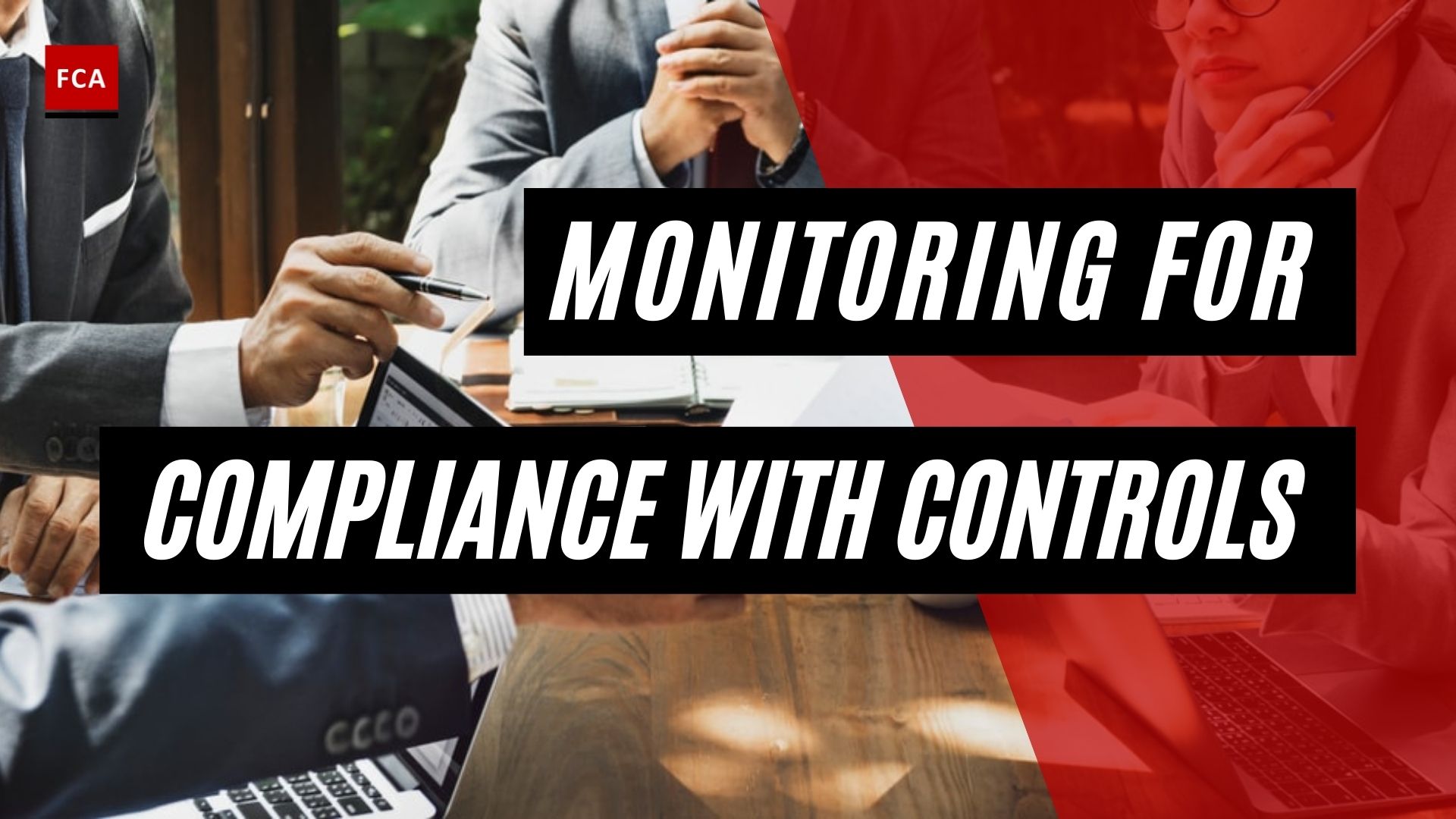Predicate crimes to money laundering. Money laundering is a criminal activity performed by criminals, related individuals or groups. The purpose is to hide and transfer the funds generated through illegal means using the country’s financial system. Money laundering risks must be identified and assessed to prevent such risks.

Predicate Crimes To Money Laundering: Bribery And Corruption
Laundering of corruption proceeds can take a variety of forms, and the most prevalent forms of proceeds are those arising from bribe-taking or kickbacks, extortion, self-dealing, and embezzlement from the country’s treasury by a variety of corrupt means.
Criminals transfer their illegal funds from one place to another through country’s financial system, such as banking channels. The transfer of illegal money to support criminals in various other jurisdictions or countries.
Money laundering activities are considered fraudulent and illegal activities. Different types of organizations are exposed to money laundering risks, such as banks, payment service providers, money transfer organizations, real estate, stock market, etc.
Money laundering is the process of concealing the actual source of black or illegally obtained money. This process enables the criminal to enjoy profits without revealing the source of income or funds. Money laundering funds may come from insider trading, bribery, computer fraud schemes, illegal product sales, smuggling, and other organized crimes.
The identification and assessment of such risks enable the prevention of such risks. Money laundering risks may be identified during the investigation of the transactions, which are highlighted due to the trigger of red flags. Red flags must be triggered on any unusual and irregular transaction or activity for review and investigation, considering the risk of money laundering by the existing customer or any other person. Money laundering risks are considered by reviewing the customer’s existing profile to whom the particular transaction or activity relates.
Performance Of Transaction Monitoring
During the performance of transaction monitoring, according to the defined transaction monitoring policies, controls, and procedures, the Money Laundering Reporting Officer or MLRO must consider the updated and current profile of the customer while assessing the risks of money laundering in the transaction or activity highlighted through the red alert mechanism. Money laundering risks are assessed considering the trend of transactions and activities of the customer about the changes in the business activities or landscape mentioned in the customer’s risk profile.
Anti-Bribery and Corruption or ABC Officer or MLRO must investigate the respective transactions and make inquiries about the customers and persons involved. During the monitoring and investigation process, the MLRO may consult with the lawyer regarding the possibility of money laundering related to a particular customer, considering the confidentiality and compliance with applicable laws and regulations. Further, appropriate negative media searches are important part in the overall money-laundering investigation.
Bribery and corruption activities may lead to the risks of money laundering and terrorist financing; therefore, organizations must ensure that all such activities are identified and monitored to avoid the risk of money laundering and related activities.
Bribery And Corruption
As bribery means offering, promising, giving, accepting, or soliciting an advantage as an inducement for an action that is illegal, unethical, or a breach of trust, criminal groups may use these activities to launder the money. The organization’s employees may be part of the criminal activity, which may involve receiving cash and cash equivalents, gifts, entertainment, travel, fees, commissions, kickbacks, discounts, rebates, contractual rights or interests, etc.
Corruption involves private gain and may be committed by public officials who abuse the authority of their public office for personal gain, which interferes with democracy and the rule of law. Criminals may perform corrupt activities to launder money. They may be committed by private individuals who abuse their positions for personal gain, which can hinder fair market operations and distort competition. The facilitation payments are made to a foreign official to expedite or secure routine government action. Facilitation payments are a type of bribe made to a foreign official to expedite or secure routine government action. While in some countries, they are customary, in others, they are improper.
Consistent with anti-bribery and anti-corruption laws, including the Foreign Corrupt Practices Act or FCPA and the UK Bribery Act, organizations are required to prohibit direct and indirect payments of anything of value to obtain or retain business or to secure any improper advantage.
Final Thoughts
Money laundering and corruption are inextricably linked. Corruption offenses, such as bribery or theft of public goods, generate large sums of money that must be laundered – or “cleaned” – before they can enter the financial system. At the same time, corruption may facilitate money laundering: corrupt officials may influence the process by which proceeds are laundered (regardless of the asset-generating crime from which they originate), allowing launderers to avoid all controls and sanctions. According to IMF staff research, countries with a low level of corruption control tend to have lower levels of compliance with anti-money laundering and counter-terrorism financing (AML/CFT) standards.








